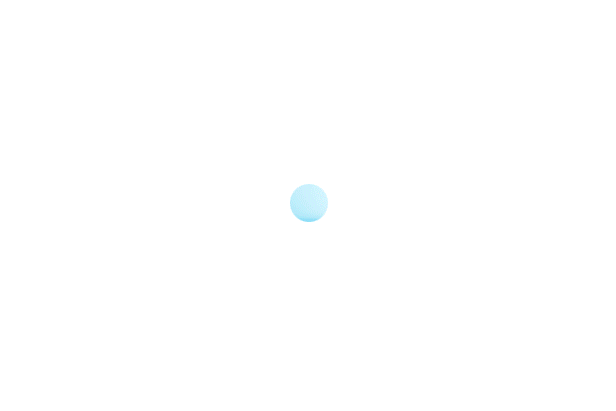5/5 experts say yes.
Corn as a health food seems like a no-brainer, and indeed it is: all five of our experts give it the thumbs up.
For something so delicious and fun to eat, corn comes with an impressive density of nutrients. A cup of boiled sweet yellow corn has 143 calories, 5 grams of protein and a surprising amount of potassium—9% of your daily value and almost as much as a small banana. A cup even packs 4 grams of fiber, which is 16% of the daily recommended value.
There’s something extra special about corn fiber. It’s a prebiotic, meaning it’s fermented by gut microbes and stimulates the growth of good bacteria, according to the research of Joanne Slavin, PhD, a registered dietitian and professor in the department of food science and nutrition at the University of Minnesota. “Our research has found that corn bran is linked to satiety—making you feel fuller,” she says.
But when corn isn’t in the form of a kernel, it’s often bastardized beyond recognition. Words like dextrose, maltodextrin, maltose, malititol, xylitol, polydextrose and hydrolyzed vegetable protein can all be derived from corn, not to mention the more obvious things like high fructose corn syrup and corn oil, says food writer Nina Planck, author of The Real Food Cookbook. “Corn on the label usually signifies industrial food,” Planck says. Instead, opt for fresh or frozen sweet corn, home-popped popcorn, stone-ground whole yellow corn in the form of polenta or cornbread, and tortilla chips for a treat. “If you buy organic maize, you’ll avoid the crops which have been genetically modified to resist pests and herbicides,” she says. More than 90% of corn grown in the U.S. is genetically modified, so if you care about such things, buy organic.
Look for “whole grain corn” on a label, advises Dr. David Katz, director of the Yale University Prevention Research Center, just as you would whole grain wheat. Elsayed Abdelaal, PhD, acting research manager at the Guelph Food Research Centre in Canada, agrees. Whole grain corn comes with plenty of lutein and zeaxanthin, two carotenoids that Abdelaal has studied at length.
“Lutein, zeaxanthin and anthocyanins are bioactive compounds which have shown several health benefits for humans,” he says; studies have linked them to eye health and preventing cataracts. By some estimates, vision benefits kick in around 6 mg a day, and a cup of corn supplies about 23% of that.
Richard Pratt, PhD, department head and professor of plant and environmental sciences at New Mexico State University, researches maize and feels so passionately about corn that he responded on vacation with a passionate yes: “Ever since I enjoyed my first bite of a corn tortilla as a boy, I have been hooked on the wonderful flavor of corn.”

More Must-Reads From TIME
- The 100 Most Influential People of 2024
- The Revolution of Yulia Navalnaya
- 6 Compliments That Land Every Time
- What's the Deal With the Bitcoin Halving?
- If You're Dating Right Now , You're Brave: Column
- The AI That Could Heal a Divided Internet
- Fallout Is a Brilliant Model for the Future of Video Game Adaptations
- Want Weekly Recs on What to Watch, Read, and More? Sign Up for Worth Your Time
Write to Mandy Oaklander at mandy.oaklander@time.com